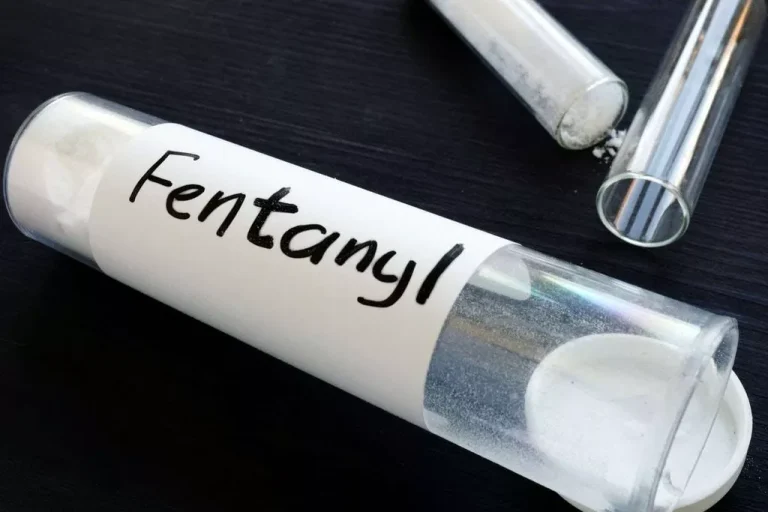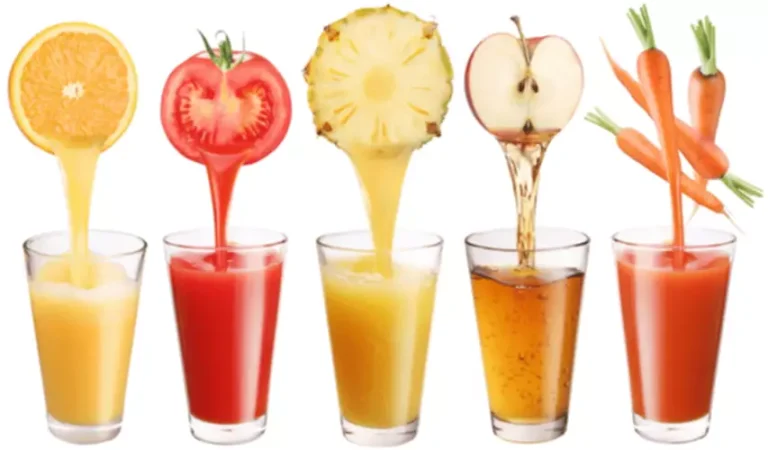
Let’s explore the impact of drinking alcohol on various parts of the brain. Before exploring the effects of alcohol on brain functions, it’s crucial to understand the connection between alcohol consumption and anger. Understanding the relationship between alcohol consumption and anger expression is essential. By exploring the underlying mechanisms and psychological impacts, we can educate ourselves on how to deal with these dynamics effectively.
Typical Risk Factors for Alcohol-Related Aggression
This blog was designed to help you understand the relationship between anger and alcohol and how they can amplify each other’s impact. Mood stabilizers can help regulate emotional fluctuations, while withdrawal management medications assist in managing alcohol cravings and withdrawal symptoms, facilitating a smoother transition toward sobriety. Family therapy addresses familial dynamics and relationships, fostering support networks and promoting open communication. Psychodynamic approaches delve into underlying emotional conflicts and unresolved traumas, offering insight and resolution.

2 Outcomes of AA Facilitation Treatment
What would happen if we made those cues which inhibit aggression more noticeable? According to Alcohol Myopia Theory, a drunk person should focus predominantly on those inhibitory cues and, as a result, be less aggressive. Increasing the salience of inhibitory information leads us to the somewhat counterintuitive idea that alcohol alcoholic rage syndrome can actually reduce aggressive behavior. Attending one-on-one therapy with a licensed therapist can help you work through anger issues in a more private setting. Scheduling an appointment with a professional who specializes in anger management may be more beneficial than participating in group therapy if you have social anxiety.
- While it may seem like anger is the most common emotion caused by alcohol, it may not be that straightforward.
- Anger, aggression, and hostility seem like common terms that are related to each other.
- Alcohol can intensify existing emotions, often resulting in an exaggerated display of anger.
- While psychotherapy is the primary approach for co-treatment of alcohol use and anger management, medications like mood stabilizers and those used to treat substance withdrawal may also be part of your treatment plan.
1 Participants
Some people may use alcohol as a coping mechanism for anxiety, which can create a form of alcohol dependency that only worsens the sense of worry. It’s important to remember that overcoming anger in recovery is a process that requires time, patience, and dedication. Relapses and setbacks may occur, but they should not deter individuals from their pursuit of lasting sobriety.
Providing reassurance and support
- Depression may even cause people to begin consuming large amounts of alcohol.
- The findings indicate that aggressive men are more inclined to automatic emotion regulation (attributed to OFC and rectal gyrus) in response to provocation compared to aggressive women (Repple et al., 2018).
- In other words, for some anger that they would normally control when sober manifests itself once alcohol disrupts the brain chemistry.
- That is, angry clients seemed to fare better in the less directive and structured condition than in the more structured CBT and AAF conditions.
The most effective way to cope with alcohol-induced anger is to avoid consuming too much alcohol. It helps people understand events and thought processes that lead to depression and substance misuse. Alcohol can significantly impact the levels of neurotransmitters in your brain, making depression worse. Antidepressants can help even levels of these chemicals and can help relieve symptoms of depression. The good news is that treating both alcohol misuse and depression can make both conditions better.


I’ve observed this pattern over several decades in helping clients deal with anger. Alcohol, like fatigue, diminished sleep, stress, and certain drugs, inhibits the activation of the prefrontal cortex, that part of our brain responsible for problem-solving, judgment, and overseeing and managing emotions. This disinhibiting aspect of alcohol in effect paves the way for feelings to dominate thoughts and behavior. If you have a natural tendency to be angry, drinking alcohol may cause you to become aggressive.
- The brain is the human body’s main organ that deals with cognition, memory, and emotional responses.
- What’s more, one can make the other worse in a cycle that’s pervasive and problematic if not addressed and treated.
- For those who already have clinical anxiety or depression, alcohol can worsen the symptoms of both conditions.
- When drinking, it becomes increasingly challenging to interpret information logically.
- Women and children are often at increased risk of domestic violence from someone addicted to alcohol.

